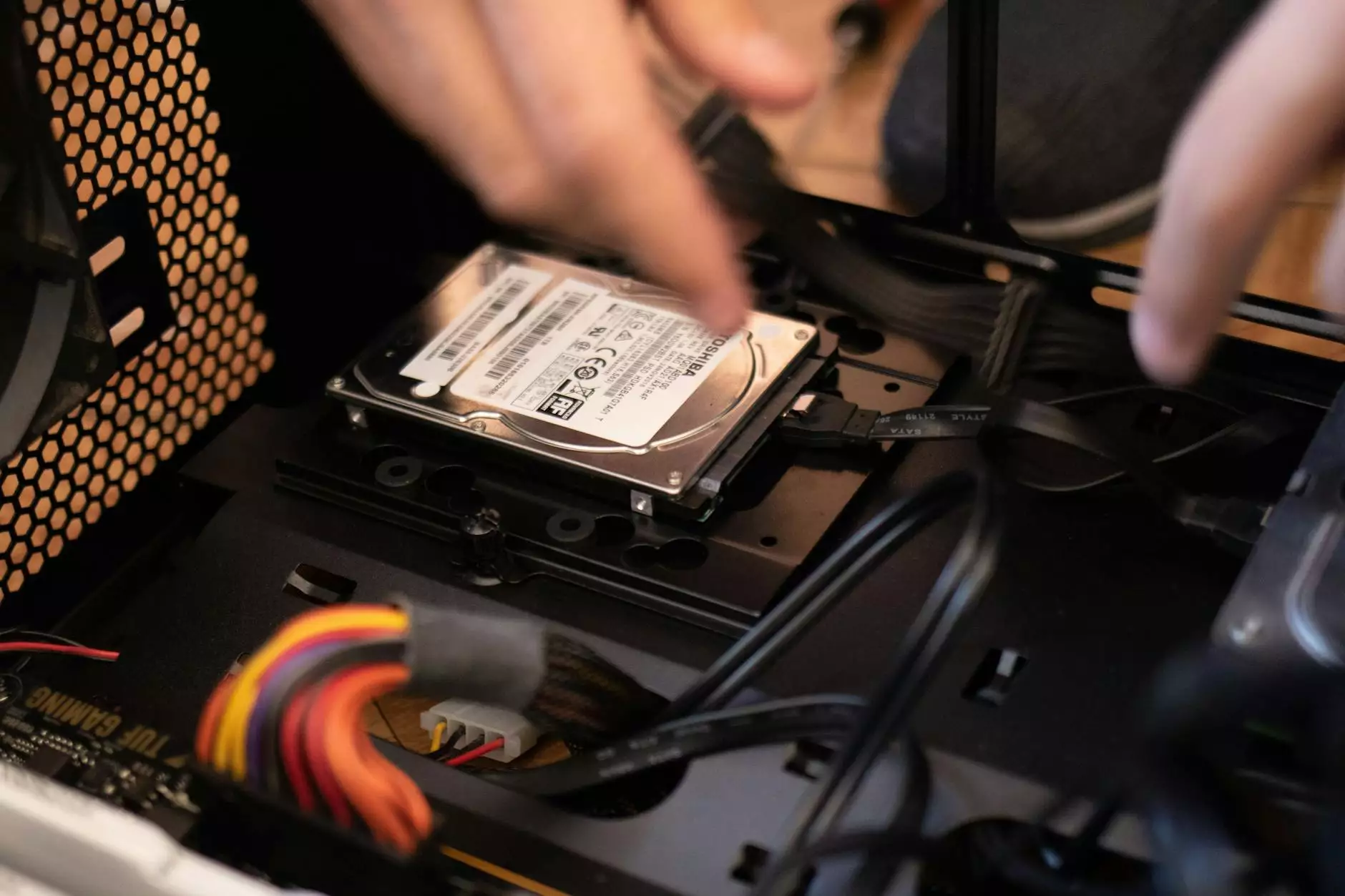Lung Cancer Treatment in Singapore: Comprehensive Insights

Lung cancer is one of the leading causes of cancer-related deaths worldwide, and in Singapore, it represents a significant health challenge. The good news is that advancements in medical science have paved the way for effective treatments that can greatly improve patient outcomes. In this article, we will explore the various aspects of lung cancer treatment Singapore, including diagnosis, treatment options, and the support systems available for patients.
Understanding Lung Cancer
Lung cancer occurs when abnormal cells in the lungs grow uncontrollably. There are two primary types of lung cancer:
- Non-Small Cell Lung Cancer (NSCLC): This is the most common type, accounting for approximately 85% of cases.
- Small Cell Lung Cancer (SCLC): This type is less common but tends to be more aggressive.
Identifying lung cancer early is crucial for improving treatment effectiveness. Common symptoms may include a persistent cough, chest pain, breathlessness, and unexplained weight loss.
Diagnostic Procedures for Lung Cancer
Diagnosing lung cancer enters a crucial phase involving various tests and imaging techniques. In Singapore, healthcare professionals utilize several methods:
- Medical History and Physical Examination: This initial assessment helps identify potential risk factors and symptoms.
- Imaging Tests: Techniques such as X-rays, CT scans, and MRI scans provide detailed images of the lungs to detect abnormal growths.
- Biopsy: A biopsy involves taking a sample of lung tissue to confirm the presence of cancer cells.
- Staging Tests: Tests, including PET scans and mediastinoscopy, help stage the cancer, indicating how far it has spread.
Leading Treatments for Lung Cancer in Singapore
Treatment plans for lung cancer vary based on the type and stage of the disease, as well as the patient's overall health. In Singapore, several advanced treatment modalities are available:
Surgery
Surgery aims to remove the tumor and any surrounding tissue that may be affected by cancer. The common surgical procedures include:
- Lobectomy: Removing one lobe of the lung.
- Pneumonectomy: Entire lung removal.
- Wedge Resection: Removal of a small wedge of lung tissue.
Radiation Therapy
Radiation therapy utilizes high-energy waves to target and kill cancer cells. It can be employed:
- As a primary treatment for patients who cannot undergo surgery.
- As a secondary treatment post-surgery to eliminate remaining cancer cells.
- For palliation, helping to relieve symptoms in advanced cases.
Chemotherapy
Chemotherapy involves using powerful drugs to kill rapidly dividing cells, including cancer cells. Key points about chemotherapy include:
- Combination Therapy: Often involves a combination of drugs tailored to the specific cancer type.
- Adjuvant Chemotherapy: Sometimes used after surgery to reduce the risk of recurrence.
Targeted Therapy
This innovative approach uses drugs or other substances to precisely identify and attack cancer cells based on specific characteristics. Targeted therapies approved in Singapore include:
- Erlotinib (Tarceva): Targets the EGFR gene mutations occurring in some lung cancers.
- Alectinib (Alecensa): Targets ALK rearrangements commonly found in NSCLC.
Immunotherapy
Immunotherapy leverages the patient's immune system to fight cancer. It's an exciting area of research and treatment, with medications like:
- Pembrolizumab (Keytruda): A PD-1 inhibitor that helps activate T-cells against cancer.
- Nivolumab (Opdivo): Another PD-1 inhibitor used to treat advanced lung cancer.
Innovative Treatment Facilities in Singapore
Singapore boasts world-class healthcare facilities that specialize in treating lung cancer. These hospitals provide comprehensive care with advanced medical technologies and experienced oncologists:
- National Cancer Centre Singapore: A leading institution dedicated to cancer treatment and research.
- Sengkang General Hospital: Offers integrated cancer care with advanced technology.
- Singapore General Hospital: One of the oldest hospitals with a dedicated oncology department.
Support Systems for Lung Cancer Patients
Receiving a lung cancer diagnosis can be emotionally and psychologically challenging. Singapore offers various support mechanisms to assist patients:
- Support Groups: Connecting with fellow patients provides emotional support and empowerment.
- Psychological Counseling: Professional counseling services help patients cope with diagnosis and treatment stress.
- Nutritionist Consultation: Specialized dietary planning can help in recovery and treatment adherence.
Patient-Centered Care at HelloPhysio
At HelloPhysio, we prioritize patient-centered care, emphasizing the physical, emotional, and psychological well-being of our patients. Our approach incorporates:
- Personalized Treatment Plans: Tailoring therapies based on individual patient needs.
- Holistic Therapies: Offering physical therapy and rehabilitation to aid recovery.
- Ongoing Support: Providing comprehensive support throughout the treatment journey.
Conclusion
In summary, the landscape of lung cancer treatment in Singapore is characterized by advanced medical practices, innovative treatment modalities, and robust support systems. With institutions like HelloPhysio, patients receive comprehensive care that emphasizes healing, recovery, and holistic support. If you or a loved one is facing a lung cancer diagnosis, rest assured that Singapore provides some of the highest standards of care globally. Seek timely medical advice and benefit from the incredible advancements in lung cancer treatment available today.
For more information on lung cancer treatment and support services, please visit HelloPhysio.



